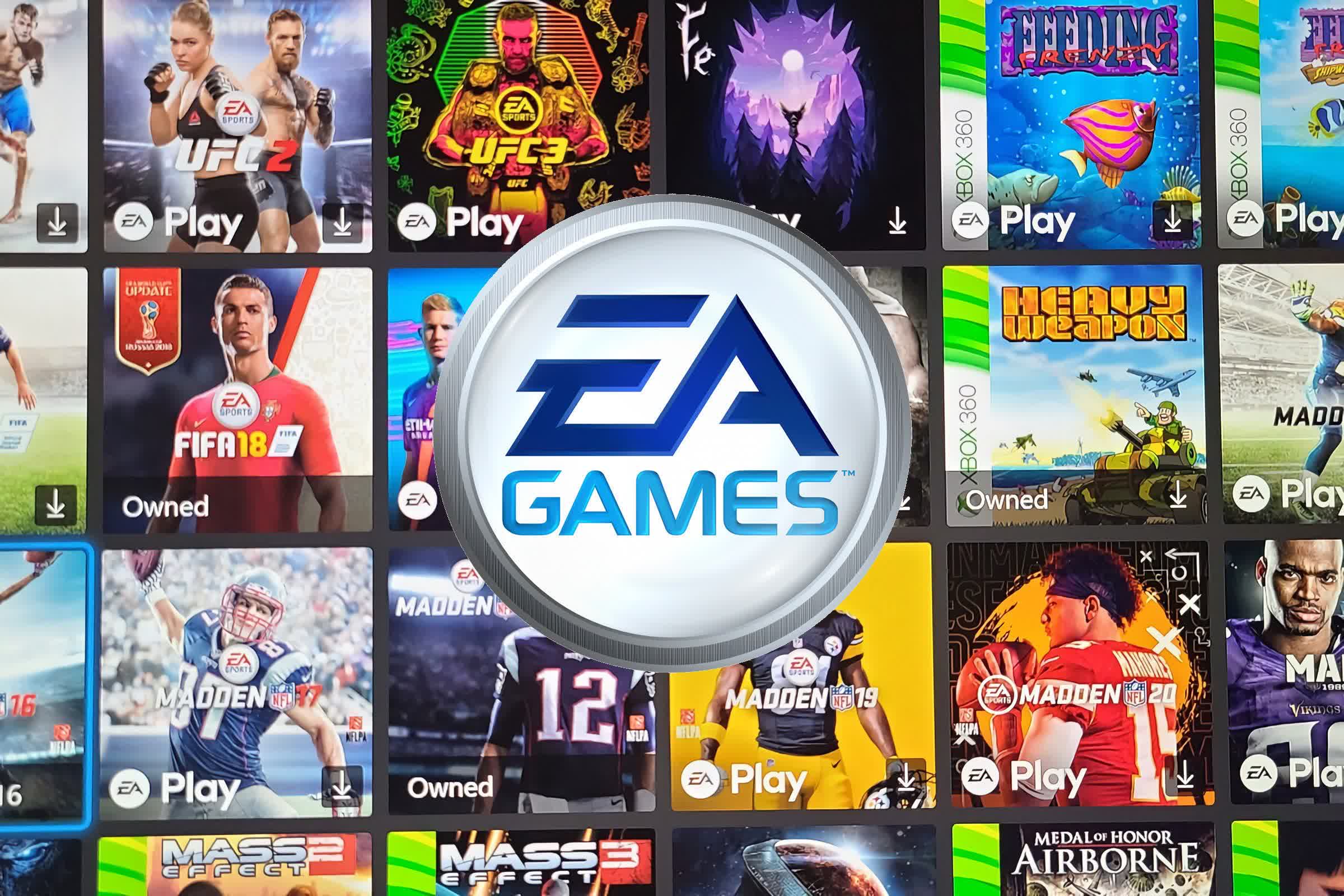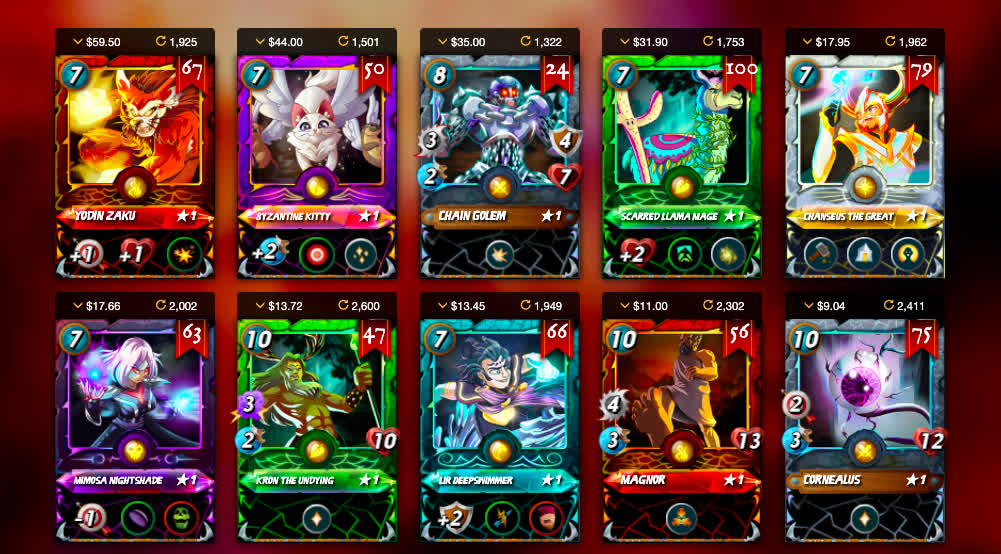A hot potato: EA, which is right up there with Ubisoft as one of the most hated game companies in the world, will doubtlessly endear itself to more of the public with its plans to embrace non-fungible token (NFT) and play-to-earn games, two things it defines as "the future of our industry."
During a Q&A session at Electronic Arts' Q2 2022 conference call, EA CEO Andrew Wilson was asked about the company's view on play-to-earn games. "I think that in the context of the games we create and the live services that we offer, collectible digital content is going to play a meaningful part in our future," Wilson said. "So, it's still early to tell, but I think we're in a really good position, and we should expect us to kind of think more innovatively and creatively about that on a go-forward basis."
Play-to-earn blockchain games have been growing in popularity recently. They incorporate NFTs as in-game tradeable items that players can earn as achievements. These NFTs can then become more valuable before being sold to other players, and are often useable across multiple titles. Some games ask for an up-front payment in crypto to play, too.
Splinterlands, a popular play-to-earn game
According to Yahoo Finance, the NFT market cap was estimated at $14.2 billion at the end of September. With in-game items constituting around 20% of the record-breaking NFT trading volumes that occurred during Q3 2021.
Purchasing in-game items has been around for years. The argument for using NFTs is that instead of owning a license to the items' digital copy, which would be lost if the game servers shut down/were borked, NFTs are permanently on the blockchain, where they can be resold outside of the original game.
Epic Games Store will welcome games that make use of blockchain tech provided they follow the relevant laws, disclose their terms, and are age-rated by an appropriate group. Though Epic's not using crypto in our games, we welcome innovation in the areas of technology and finance. https://t.co/6W7hb8zJBw
--- Tim Sweeney (@TimSweeneyEpic) October 15, 2021
But blockchain games attract plenty of controversy. Valve recently kicked all of them off Steam, though Epic was quick to step in and confirm it welcomes them. There's also the inherent risk associated with NFTs: the creator of the Evolved Apes set of NFTs disappeared last month along with a website, a Twitter account, and millions of dollars in cryptocurrency, while a Squid Game-inspired blockchain game that turned out to be a scam netted its creators $2 million. And that's not mentioning the environmental impact of NFTs. It's estimated that the average NFT has a carbon footprint equivalent to more than a month of electricity usage for the average person living in the European Union.
Community: A few minutes ago, we were notified that @Steam will be kicking *all blockchain games* off the platform, including Age of Rust, because NFTs have value. Behind the scenes, we've had good communication and have been upfront with Steam. #blockchaingames #NFT
--- Age of Rust (@SpacePirate_io) October 14, 2021
1/4 pic.twitter.com/W4pR3Xl63q
A cynic would say that this is all about companies behind the games making more money, which is probably an accurate view. Most, but not all, gamers are against play-to-earn and hearing a firm with a reputation such as EA's extolling the virtues of these titles isn't exactly helping their cause.
We've also seen another company announce it is making blockchain games: Ubisoft. The recently crowned most-hated gaming firm globally has been investigating blockchain titles through its Strategic Innovation Lab since at least 2018. CEO Yves Guillemot said Ubisoft---a founding member of the Blockchain Gaming Alliance---considers blockchain to be a new revolution.

